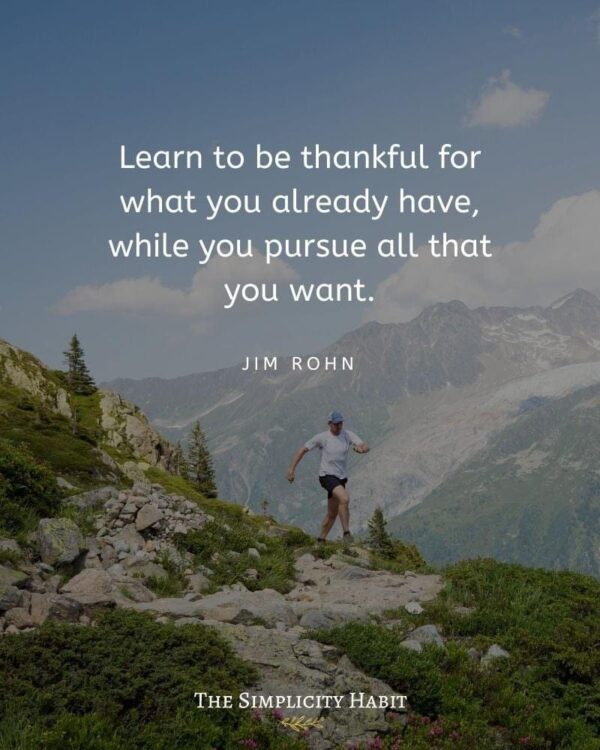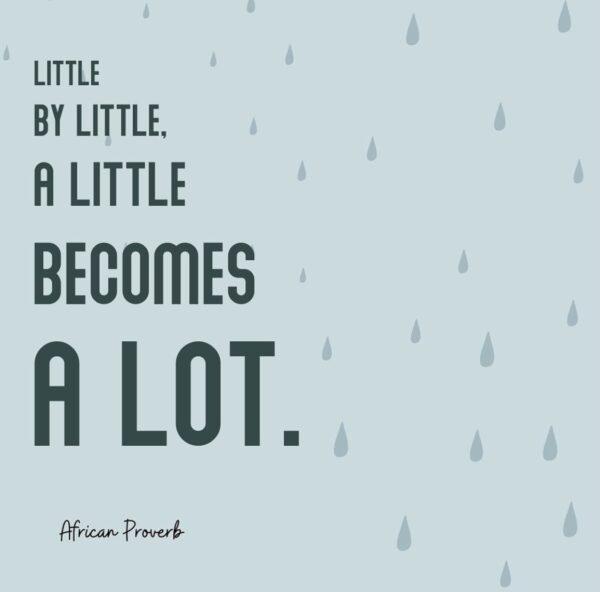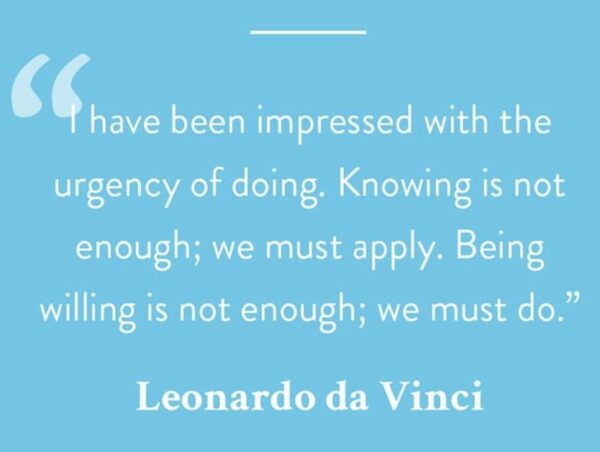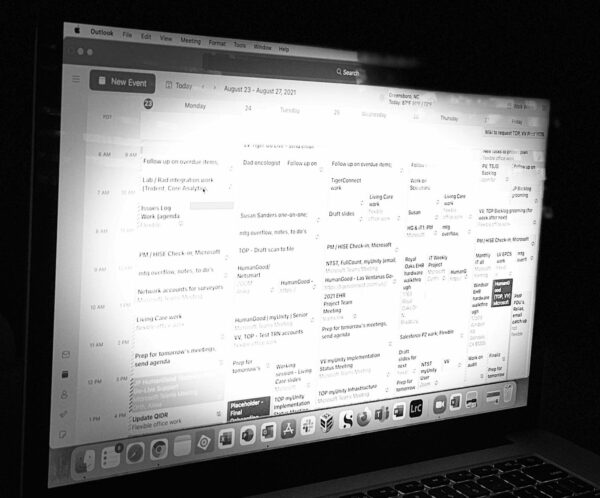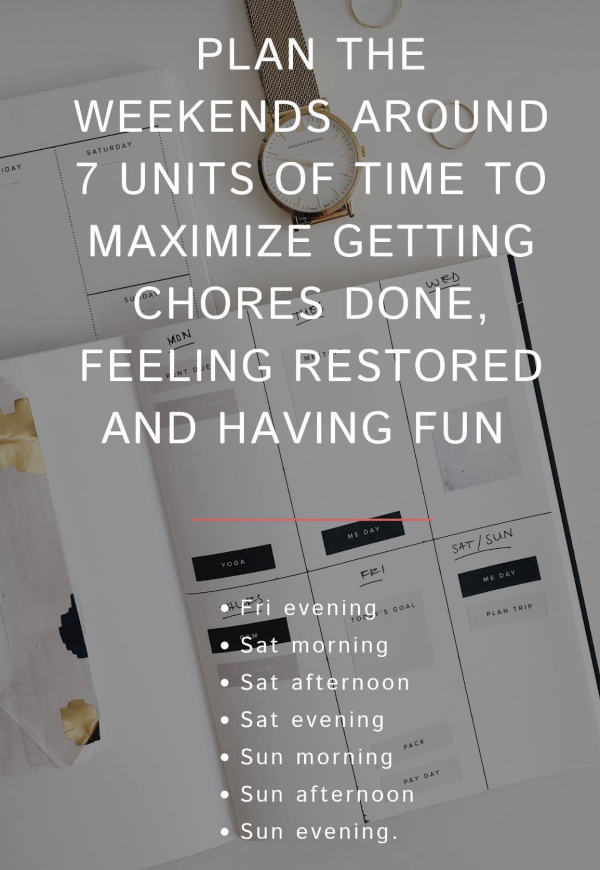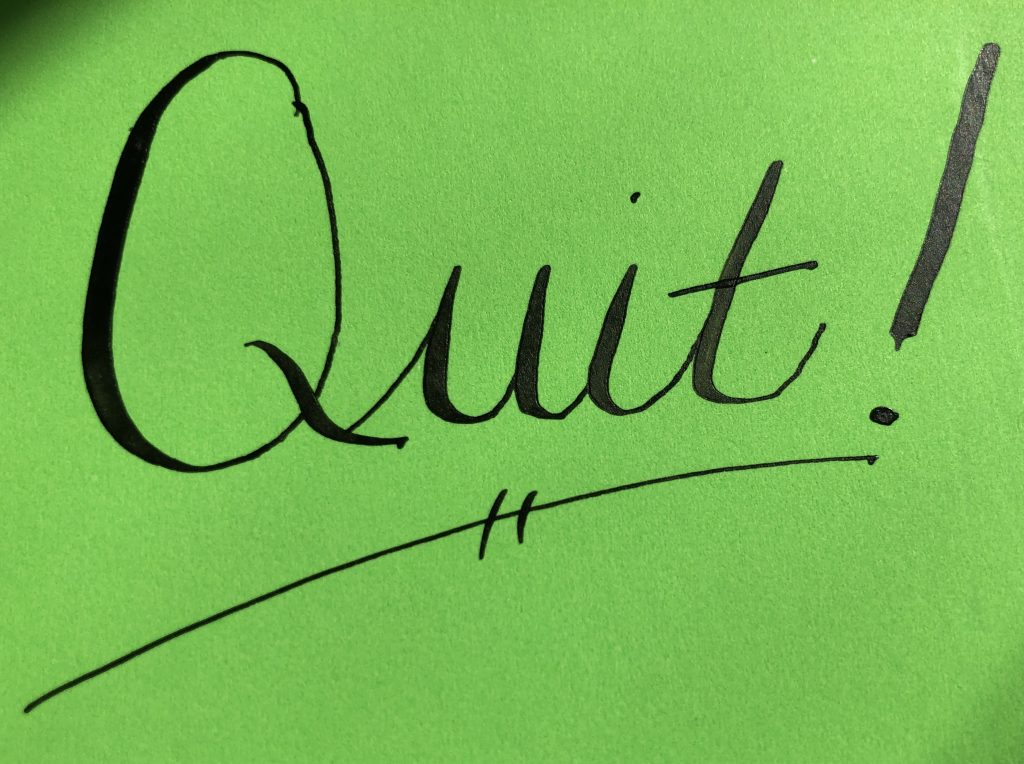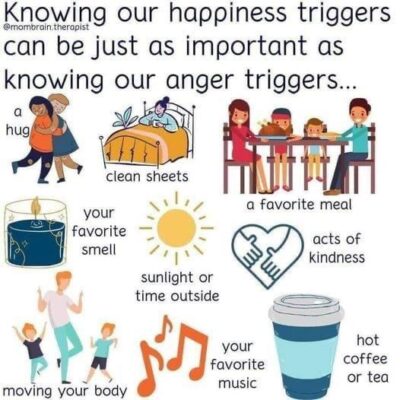A Very Important Question for You
How are you? No, like really – how are you?
We are turning the corner on 18 months of a global pandemic. Layer that with a social justice revolution, a contentious political election, a coupe attempt, and all the personal upheaval that does not get paraded across the nightly news…
Well, it is a lot.
And I know you are the ones keeping the plates spinning.
So how are you really?
I had quite a few plates crash at various points of 2020, then 2021. I wanted to share a couple things that are helping me in case they help you too.
Grounding Routines
While morning routines are all the rage and do indeed have their place in starting your day, I want to suggest a routine that you can do at any time. And to be clear, I am playing fast and loose with the word “routine.”
Routines do not have to be long and involved. Last year at this time I was balking at the routine I had created because it took too long. By taking the Sustainable Productivity (SusPro) approach, I pared down the routine to what was truly SusPro.
And I still felt it was too long – because I should this and shouldn’t that. Blah blah blah. Then I came across this article talking about since so many people are working at home now we could fake our commute. It occurred to me that my morning routine was still half that time that I was spending on driving to the office before the pandemic. This subtle shift weirdly gave me permission.
Now I have a series of activities I do in before work and another for after work.
But these grounding activities don’t have to be time consuming or even a series of events. Let’s talk about something even more simple.
Quick Hits
1 – A short walk is a game changer. I am not talking about anything Apple Watch worthy. Just put on your sneakers and move your body. Physical activity has been shown to boost mood and reduce depression. I often find it helps me overcome inertia on the nights we have eaten dinner in front of the TV, then get sucked into Netflix. We are more likely to leave the TV off when we come home. With the TV off I will craft or read or – gasp! Even talk with my spouse!
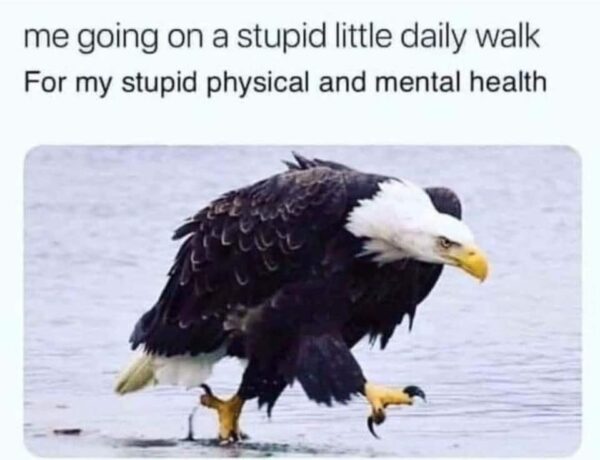
Source unknown, but I know it was not me. I would love to give credit where it is due – let me know!
2 – We covered gratitude lists in last week’s essay. Simply jotting down when you are grateful for is a quick hit that can ground you any time during your day. I also heard a suggestion to offset each complaint with a gratitude. Find yourself complaining about the heat? Offset with gratitude you can afford air conditioning. Crabby about the line at the grocery? Give thanks (even if just in your thoughts) for having food available to you.
If you are looking for accountability, set a reminder on your phone and post your list to the Sustainable Sue Facebook page each day!
3 – Yes all of this aside, you may only have time for this last quick hit: b r e a t h e. Instead of walking into school to pick up your kids while answering a text, leave your phone in your bag and take a deep breath. Hold it for a few seconds, then slowly exhale. Maybe even get crazy and do it again!
What would it feel like to give yourself 10 more seconds in the bathroom between meetings to breathe? After running car pool and errands is it really true that you cannot spare 20 seconds before going into the house to take 2 deep, slow breaths?
Your Turn
What about you? How do you ground yourself in a moment of chaos? Or just tell me how you really are.
